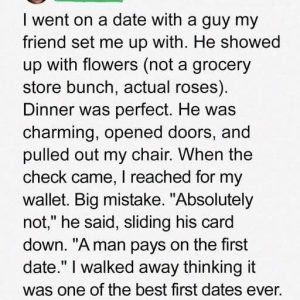Cracker Barrel has come under fire following its recent $700 million rebranding effort, including a logo redesign that sparked backlash from critics who called it “woke” and “soulless.” In response, the company issued a statement defending its identity and values, insisting that “the heart and soul of Cracker Barrel haven’t changed.”
The new logo marks the first major change in nearly 50 years. While some see it as a modern refresh, critics—including conservative commentators—view it as unnecessary and politically motivated. The company emphasized that its iconic figure “Uncle Herschel” remains central to its brand and culture.
Founded in 1969, Cracker Barrel has long promoted a Southern, nostalgic image. Its branding originally featured a simple, text-only design, later evolving to a logo with a man leaning on a barrel. The new design claims to return to the brand’s roots by emphasizing the original barrel shape and wordmark.
Public reactions have been divided. Figures like Rep. Byron Donalds and commentator Collin Rugg criticized the rebrand as part of a broader cultural shift they oppose. Others mocked the outrage, saying the backlash was overblown. Even the Democratic Party’s official X account chimed in sarcastically, adding fuel to the online debate.
Further scrutiny has fallen on board member Gilbert Davila, who joined Cracker Barrel’s board in 2020. Conservative voices such as Robby Starbuck pointed to Davila’s ownership of a DEI (Diversity, Equity, and Inclusion) consulting firm as evidence of the company’s ideological shift. Starbuck claimed that Davila’s influence is steering Cracker Barrel away from its traditional audience.
The backlash mirrors similar controversies at other American brands navigating generational change. While Cracker Barrel insists it remains true to its roots, the rebranding has sparked a national conversation about corporate identity, consumer loyalty, and the political implications of evolving brand strategies.




